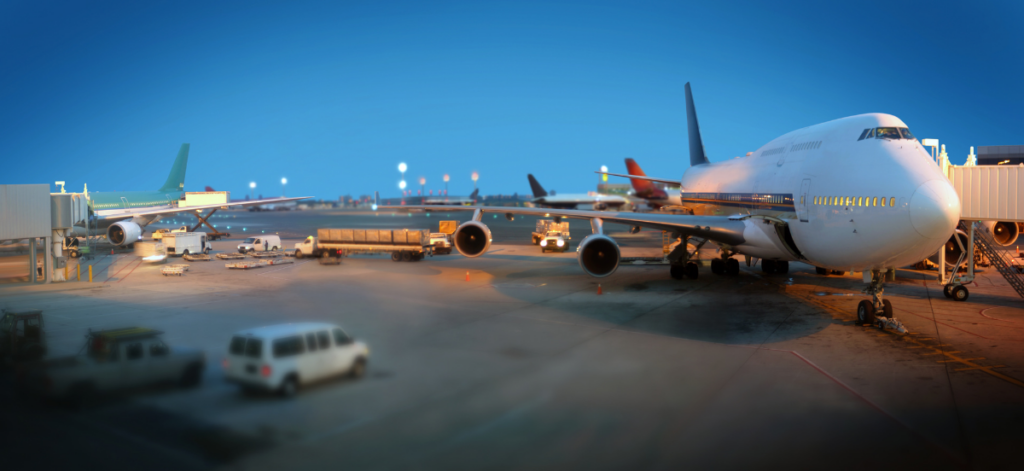The aviation industry is soaring towards a more sustainable future, driven by a shared commitment to reduce emissions, cut costs, and enhance the flight and logistics experience for passengers and users.
At Vert, we are closely aligned with these sustainable goals and are excited to share the latest developments in the aviation industry as it embarks on this transformative journey. In this blog, we will explore the industry’s sustainable objectives, the strategies in place to achieve them, and the benefits that await both passengers and the environment.
Setting Sustainable Goals
Carbon Neutrality: The aviation industry aims to achieve carbon neutrality by 2050, as outlined in the International Air Transport Association’s (IATA) 2050 Vision. This ambitious goal involves balancing the amount of greenhouse gases emitted with an equivalent amount removed from the atmosphere, effectively eliminating net emissions.
Fuel Efficiency: Airlines are working to improve the fuel efficiency of their fleets through the adoption of advanced aircraft designs, alternative fuels, and operational optimizations. This not only reduces emissions but also cuts operating costs.
Technological Advancements: The development of electric and hybrid aircraft, as well as innovations in air traffic management and logistics, plays a pivotal role in achieving sustainability goals. These technologies promise to reduce emissions, enhance operational efficiency, and improve the overall flight experience.
Cutting Emissions and Costs
Alternative Fuels: Airlines are exploring sustainable aviation fuels (SAFs) made from renewable sources, such as biofuels and hydrogen. SAFs have the potential to significantly reduce emissions while providing a cost-effective alternative to traditional jet fuels.
Efficient Aircraft: The adoption of fuel-efficient aircraft, such as the Boeing 787 Dreamliner and the Airbus A350, allows airlines to reduce fuel consumption and emissions. These modern planes are designed with advanced materials and aerodynamics to maximize efficiency.
Operational Efficiency: Airlines are investing in advanced operational technologies, including real-time weather monitoring and predictive maintenance, to optimize flight routes and reduce delays. These improvements not only enhance the passenger experience but also cut operational costs and emissions.
Enhancing the Flight and Logistics Experience
Sustainable Airports: Airports are focusing on sustainability by implementing energy-efficient facilities, promoting recycling, and investing in renewable energy sources. Sustainable airports offer passengers a more eco-conscious travel experience.
Digital Transformation: The aviation industry is embracing digital technologies to enhance logistics, streamline check-in processes, and improve the overall travel experience. Mobile apps and AI-driven solutions are making air travel more convenient and efficient.
Eco-Friendly Cabin Amenities: Airlines are introducing eco-friendly amenities in cabins, including biodegradable utensils, sustainable packaging, and onboard recycling programs. These initiatives contribute to a more sustainable and enjoyable journey for passengers.
The aviation industry’s commitment to sustainability is driving positive change, with a focus on cutting emissions, reducing costs, and enhancing the flight and logistics experience for passengers and users.
As Vertcontinues to support these goals through innovative technology and sustainable transportation solutions, we are excited to be part of the transformation that will define the future of aviation. Together, we can create a more sustainable and eco-conscious air travel industry that benefits both the environment and those who take to the skies.
